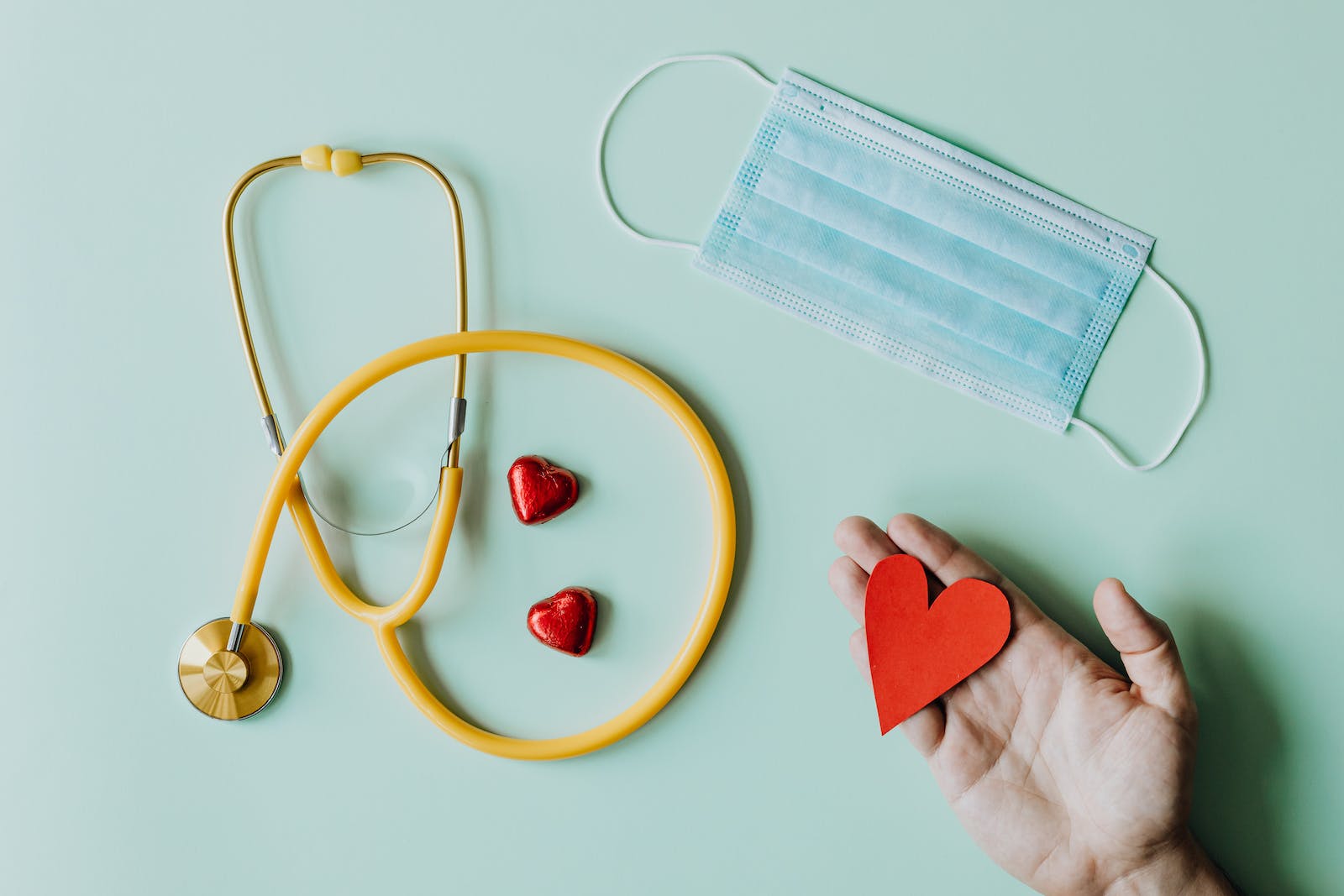The Pros and Cons of Going Alcohol-Free for 30 Days
Is 30 Days Without Alcohol Worth It?
The decision to go alcohol-free for 30 days is becoming increasingly popular as people seek to improve their health and overall well-being. Taking a break from alcohol can have several benefits, but it also comes with its own set of challenges. In this article, we will explore the advantages and disadvantages of abstaining from alcohol for a month, helping you make an informed decision about whether it's the right choice for you.
The 30-day no-alcohol challenge has gained traction as a way to reset habits, reevaluate alcohol's role in our lives, and experience the physical and mental health benefits of sobriety. While many participants report positive outcomes, there are potential downsides to consider as well. By examining both sides of the coin, you can gain a comprehensive understanding of what to expect from this endeavor.
Pros
Discover the unexpected advantages of giving up alcohol for a month. From improved sleep to enhanced mental clarity, the benefits might motivate you to embark on this sober journey.
Improved Physical Health
Abstaining from alcohol for 30 days can lead to improved physical health. It allows the body to recover from the effects of regular drinking, leading to better liver function, reduced inflammation, and a stronger immune system.
Enhanced Mental Clarity
One of the benefits of a month without alcohol is enhanced mental clarity. Without the fog of alcohol, many individuals report feeling more focused, alert, and mentally sharp.
Better Sleep Quality
Giving up alcohol can have a positive impact on sleep. Many people experience improved sleep quality and reduced insomnia during the alcohol-free period, leading to greater overall well-being.
Weight Management
Cutting out alcohol for 30 days can contribute to better weight management. Alcoholic drinks often contain a significant number of calories, so eliminating them from your diet can lead to potential weight loss and improved body composition.
Financial Savings
Participating in a 30-day no-alcohol challenge can result in financial savings. Without spending money on alcohol, individuals may notice that they have more disposable income, which can be allocated towards other meaningful pursuits.
Empowered Decision-Making
Taking a break from alcohol empowers individuals to reevaluate their relationship with drinking and make conscious choices. This period of sobriety can lead to increased self-awareness and the ability to make intentional decisions about alcohol consumption in the future.
Sense of Achievement
Completing a 30-day alcohol-free challenge can instill a sense of achievement and boost confidence. Participants often feel proud of their commitment to healthier habits and the positive changes they experience during this period.
Increased Productivity
Abstaining from alcohol for 30 days can lead to increased productivity as it eliminates the potential for alcohol-induced sluggishness and cognitive impairment. This can result in better focus, efficiency, and overall work performance.
Enhanced Physical Performance
Taking a break from alcohol can lead to improved physical performance, as it allows the body to recover and operate at its full potential. This can benefit athletes and fitness enthusiasts by enhancing their endurance, strength, and overall athletic abilities.
Heightened Hydration
Abstaining from alcohol for a month can significantly improve hydration levels in the body. This can lead to better skin health, improved digestion, and overall well-being due to the absence of alcohol's dehydrating effects.
Missing a pro?
Let us know which pro you are missing!
Cons
Explore the potential drawbacks and difficulties associated with abstaining from alcohol for a month. While there are significant benefits, it's essential to consider the challenges you may encounter along the way.
Social Pressures
One of the main challenges of a 30-day no-alcohol challenge is navigating social pressures. Participants may feel isolated or peer-pressured in social settings where alcohol is prevalent, making it difficult to stick to the commitment.
Emotional Discomfort
For some individuals, abstaining from alcohol can bring about emotional discomfort. Alcohol may serve as a coping mechanism, and removing it from the equation can uncover unresolved emotions or stressors.
Limited Social Activities
Many social events and gatherings involve alcohol, and choosing not to drink for an entire month can limit participation in these activities. This may lead to feelings of exclusion or the need to find alternative social engagements.
Initial Withdrawal Symptoms
The initial phase of alcohol abstinence can be accompanied by withdrawal symptoms such as irritability, anxiety, and difficulty concentrating. These temporary discomforts can test an individual's resolve during the early days of the challenge.
Perceived Stigma
In some social circles, choosing not to drink alcohol for a month may be met with skepticism or judgment. Participants may feel stigmatized or misunderstood for their decision, which can create emotional strain.
Routine Disruption
For individuals accustomed to including alcohol in their daily routines, a 30-day hiatus can disrupt established habits and practices. This adjustment period may be challenging for some participants.
Temptation and Cravings
Throughout the no-alcohol challenge, individuals may experience strong cravings and temptations to drink, especially in triggering situations or environments. Managing these urges requires significant willpower and self-discipline.
Social Awkwardness
Going without alcohol for a prolonged period can lead to social awkwardness in certain settings, as alcohol often serves as a social lubricant. This may result in feeling out of place or uncomfortable in social gatherings or events where alcohol is prevalent.
Limited Stress Relief
For some individuals, alcohol serves as a means of stress relief and relaxation. Going without alcohol for 30 days may result in the absence of this coping mechanism, potentially leading to increased stress and anxiety during this period.
Challenge of Finding Alternative Activities
Abstaining from alcohol for an extended period may pose the challenge of finding alternative activities or hobbies to replace socializing in alcohol-centric environments. This can lead to feelings of boredom or a sense of missing out on certain experiences.
Missing a con?
Let us know which con you are missing!
Conclusion
Embarking on a 30-day alcohol-free journey presents a range of both advantages and disadvantages. While the endeavor can lead to improved physical health, mental clarity, and financial savings, individuals may also encounter social pressures, emotional discomfort, and routine disruption. Ultimately, the decision to go without alcohol for a month is a personal one, and it's essential to weigh both the benefits and challenges before committing to the challenge.
What do you think?
Do you think the pros outweigh the cons?









